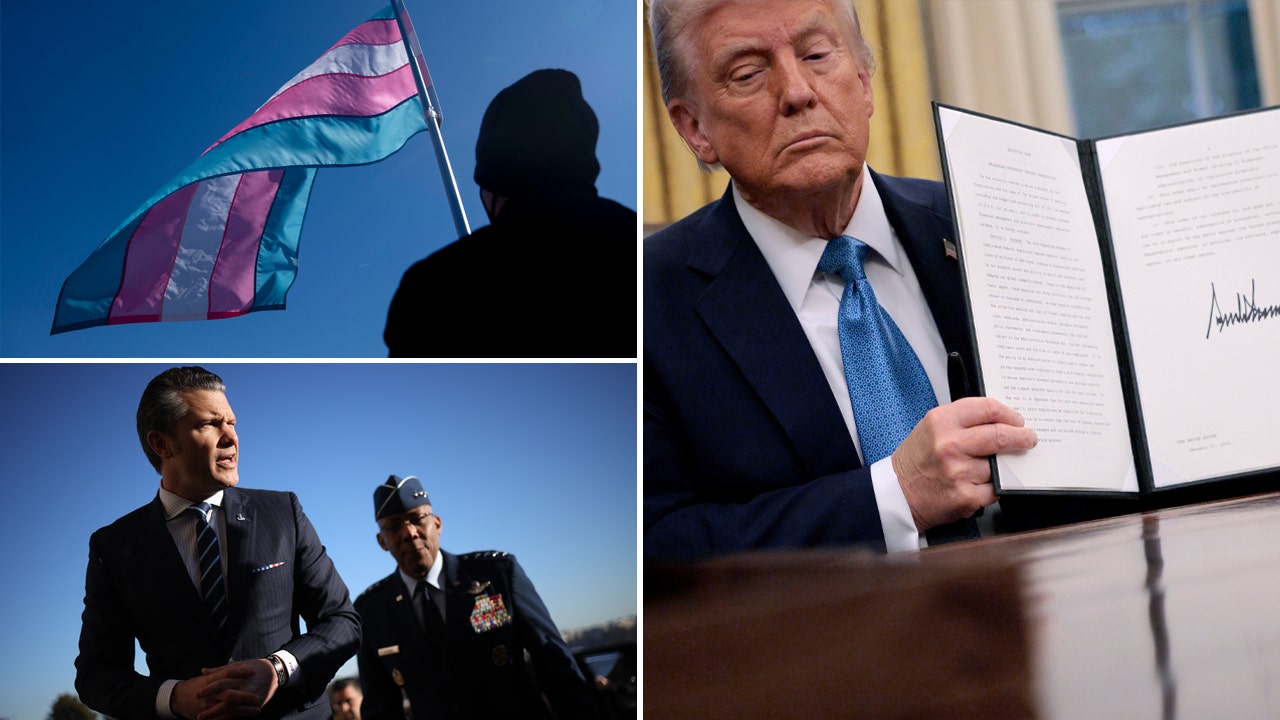Pentagon Implements Strict Policy on Transgender Military Service
The Pentagon's new policy mandates the separation of transgender service members unless they qualify for an exemption, citing gender dysphoria as incompatible with military service.
Overview
In a recent memo, the Pentagon stated that any service member diagnosed with or treated for gender dysphoria will be disqualified from military service, unless they meet strict criteria for waivers. This policy essentially bans transgender individuals from serving openly, aligning with President Trump's executive order. Advocates argue this move undermines the capabilities of the military and discriminates against transgender individuals. The policy has sparked legal challenges from LGBTQ rights groups, asserting the move violates constitutional protections. The Pentagon aims to maintain high standards for military readiness, citing concerns regarding the mental and physical requirements for service members.
Report issue

Read both sides in 5 minutes each day
Analysis
- The Pentagon's policy effectively bans transgender individuals from openly serving in the military, requiring those diagnosed with gender dysphoria to be separated unless they can obtain a waiver that proves their necessity for specific warfighting needs and adherence to strict behavior guidelines.
- Transgender service members will be pushed into a corner where they must adhere to their assigned sex in all respects, including usage of facilities and recognition, which many argue undermines their dignity and does not reflect their rights to serve their country honorably.
- The discourse surrounding transgender troops highlights the service and contributions of these individuals, emphasizing that the policy sends a damaging message about America's values and dedication to equality.
Articles (5)
Center (2)
FAQ
Transgender service members can qualify for an exemption if they can prove they directly support warfighting activities or if they have been stable in their biological sex for over 36 months without transitioning and without clinically significant distress.
The policy is expected to harm morale and readiness by stigmatizing transgender personnel, undermining unit cohesion, and discouraging qualified individuals from serving, which can impact recruitment and retention.
LGBTQ rights groups are challenging the policy, asserting it violates constitutional protections and discriminates against transgender individuals. The policy is part of ongoing lawsuits, including Talbott v. Trump.
History
- This story does not have any previous versions.




